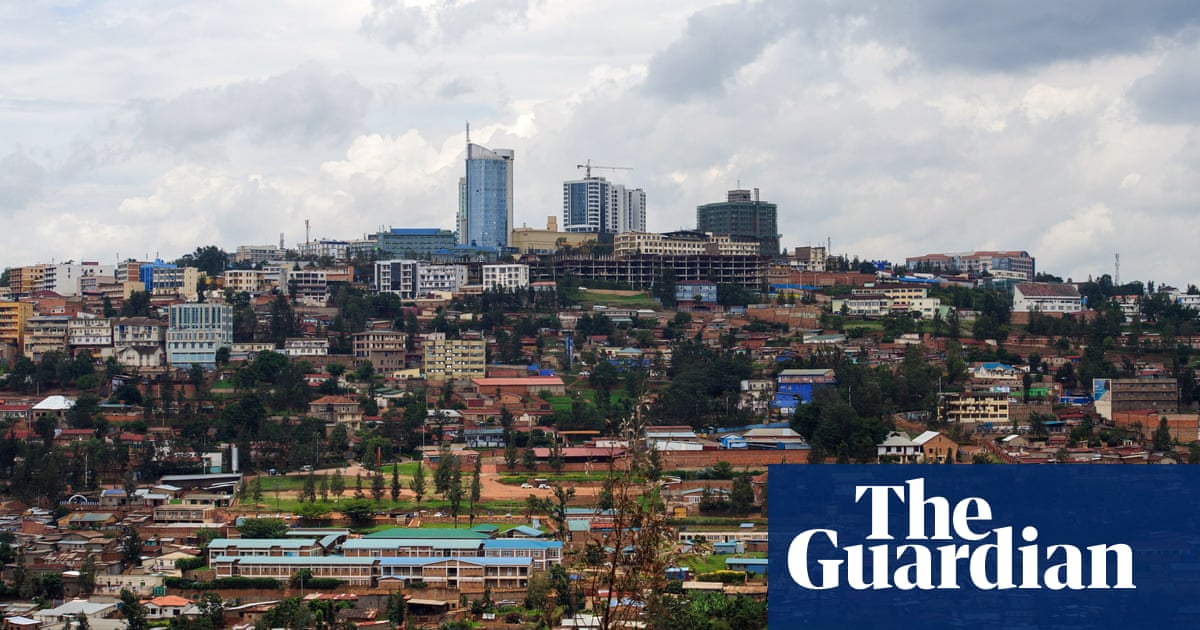
After Syrian regime forces recaptured Ghouta near Damascus, the Homs countryside and the country’s south and southwestern regions, Moscow put forward a plan to return some 1.7 million Syrian refugees in neighboring countries back to their homeland.
Over the past seven years, the United Nations High Commissioner for Refugees (UNHCR) has registered about 5 million asylum seekers who escaped the Syrian war to neighboring countries, as well as 7 million who were internally displaced.
Refugees have created a security, political and economic burden on neighboring countries, some of which already had existing political divisions, economic strains and security problems.
The influx of refugees also constituted a great issue for European countries and fodder for electoral campaigns. It will also be among the top issues at the upcoming quartet meeting in Istanbul, scheduled for September 7. Each of Russia, Turkey, Germany and France will be partaking in the summit.
Amid these developments, Russian officials have been promoting Moscow’s initiative on the refugees.
Presidential envoy Alexander Lavrentiev has toured each of Turkey, Lebanon, Jordan and Damascus to discuss Moscows plan for the return of Syrian refugees.
Russian Army Chief of Staff General Valery Gerasimov, meanwhile, sent a letter to chairman of the US Joint Chiefs of Staff General Joseph Dunford, in which he expressed Moscows readiness to cooperate with Washington in helping refugees return home.
Moscow also urged the UN Security Council to help revive the Syrian economy and return refugees.
Jordan, Lebanon, Turkey and Iraqi Kurdistan officials and experts voiced their concern to Asharq Al-Awsat that the Russian proposal has asked Syrians to return home in the absence of a political solution.
In Turkey, media reports said that their country was planning to return some refugees, whose numbers approach 4 million. The media blames the mass influx of refugees for various political and economic problems.
Following a meeting between Presidents Donald Trump and Russian Vladimir Putin in Helsinki, a delegation of representatives from the Russian foreign and military ministries and intelligence visited Turkey to discuss the refugee file.
Most analysts see that Russia’s takeover of the refugee file as an attempt to cement a victory for the Bashar Assad Syrian regime and push the international community to foot the bill of reconstruction of Syria.
Russia hopes to persuade European countries to relieve their refugee burdens by presenting a program it promotes as a “voluntary return of refugees,” when in fact it is actually a forced return.
For its part, Turkey is pushing forward with its very own plan to return as many Syrian refugees as possible to areas where its forces, in cooperation with pro-Ankara Free Syrian Army factions, have control in northern Syria.
In addition, to the economic burden on Turkey, the refugees have also incurred the ire of the population that has accused them of limiting job opportunities given that the Syrians were willing to work for lesser salaries.
Politically, the refugee issue was exploited in the Turkish parliamentary and presidential elections in June. Opposition parties announced during their campaigns that they would work on returning Syrians home should they win the polls.
At the same time, a large number of ruling Justice and Development Party (AKP) supporters said they were fed up with the Syrians in their country, especially in large cities, such as Istanbul, because of how they affect their lifestyle.
The government is also no longer defending the Syrian presence as much as it used. It has instead accelerated efforts to repatriate them by speeding up rehabilitation of the areas under Turkish control in Syria’s north.
It has also established hospitals, schools and branches for some of its universities and service centers for residents in the northern Aleppo countryside, securing conditions for sending back the largest possible number of refugees.












